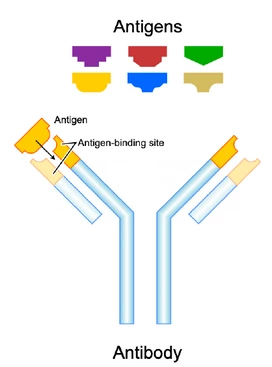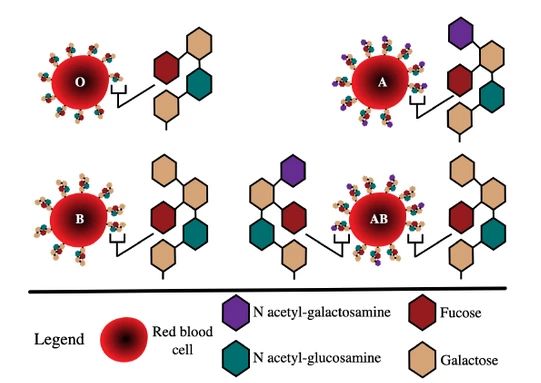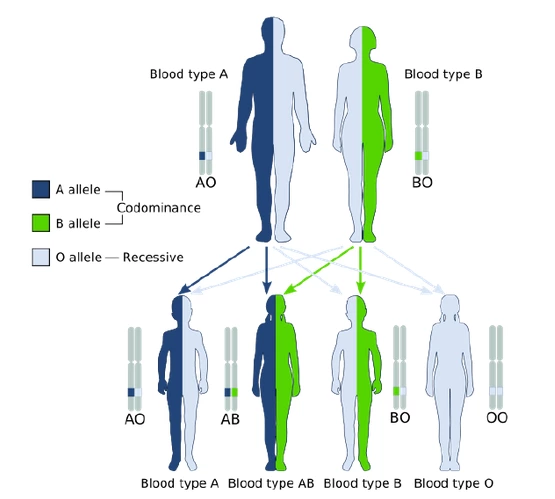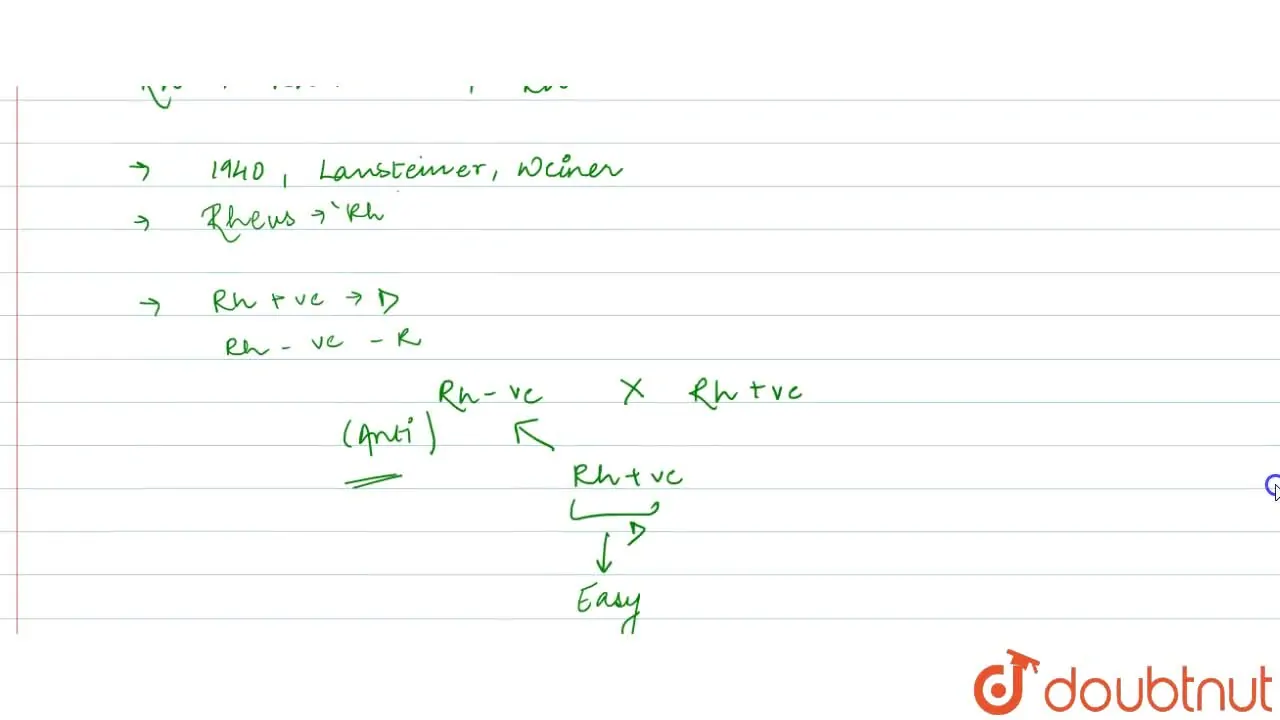Blood Groups
Blood Groups
Have you ever donated blood in your life? Well, you should know that your blood can save lives for your blood type, and this helps in determining which types of blood can receive in a transfusion. In this article, we will discuss blood groups and blood types where students would be able to get a perfect understanding of the same.
What are the Blood Types?
When it comes to blood types, it is a genetic characteristic that is associated with the presence or absence of antigens, which are certain molecules, on the surface of red blood cells. It is to be noted that these molecules help a lot in maintaining the integrity of the cell membrane where it has also got other biological functions. There is an inclusion of the well-known ABO and Rhesus (Rh) systems in the human blood group where there are also at least 33 other less well-known ones.
Antigens and Antibodies
Antigens are molecules that are identified by the immune system as either produced or not produced by your own body. They are also identified as self or non–self. Depending on the particular blood group system, the antigens may be glycoproteins, carbohydrates, proteins, or even glycolipids. The immune system responds by forming antibodies in case antigens are identified as non-self. The antibodies are large Y-shaped proteins that are produced by the immune system, and it binds to non-self antigens.
In the illustration below, you can have a look at the analogy of a lock and key that represents how an antigen and antibody fit together. When there is a binding of antibodies and antigens, the other immune system cells destruct them. Your body might get attacked by the non-self antigens on pathogens such as viruses or bacteria or blood cells. The blood cells can enter the body in the form of a blood transfusion from someone having a different blood type than yours. But it should be noted that the last type is virtually impossible nowadays. This is because of the use of different screening protocols and effective blood typing.

Genetics of Blood Type
The alleles for a blood group system are dependent on the blood type of an individual that was inherited from their parents. The alleles control the blood type for a single gene or even for two or more that are closely linked. It is because of the little or no recombination in the case of closely linked genes, they always inherited together. The blood type of a person is fixed for life, but there are rarest possible that the blood type changes. This happens if a person gets treatment like receiving a bone marrow transplant for treating diseases like leukaemia. So, in this case, if the donor for bone marrow transplant has a different blood type then the patient inherits the blood type of the donor. This is because of the production of red blood cells in the bone marrow.
ABO Blood Group System

The best known human blood group system is the ABO blood group system. You can have a look at the antigen compounds in the above figure that can provide you with the clear idea.
There are four common blood types for the ABO system:
- Type A: Here only the A antigen is present
- Type B: In this type only the B antigen is present
- Type AB: Here both the A and B antigens are present
- Type O: In this type, neither the A nor the B antigen is present
Related Videos:
- Blood groups were discovered by
- Different blood groups are due to
- Antigens are present
- Antibodies
- Antibodies are formed by
Genetics of the ABO System
A single gene on chromosome 9 controls the ABO blood group system. There are three common alleles for the gene. They are often represented by the letters IA (or A), IB (or B), and i (or O). So, there are six possible genotypes for ABO blood group. However, alleles IA and IB are both dominant to allele i and codominant to each other. This results in just four possible phenotypes (blood types) for the ABO system. These genotypes and phenotypes are shown in the table below.
Here is the ABO Blood Group System


Look at the above diagram where you can understand how ABO blood type is inherited. Here in this example blood type A (genotype AO) is present in the father where the mother has got blood type B (genotype BO). So, when it comes to mating, they can produce children either of the four possible ABO phenotypes.
Rhesus Blood Group System
The Rhesus (Rh) blood group system is another well-known blood group system. There are dozens of different antigens for Rhesus system has but only five main antigens (named D, C, c, E, and e). D antigen is the major Rhesus antigen. People with D antigen are called Rh-positive (Rh+). On the other hand, people who lack the D antigen are called Rh-negative (Rh-).
The two linked genes on chromosome 1 control the Rhesus blood group system. One gene is called RHD that produces a single antigen, antigen D. The other gene is called RHCE, that produces the other four relatively common Rhesus antigens (C, c, E, and e).
Important Chapters:




Similar Questions
Assertion :− Blood group 'O' is a univesal donar blood.
Reason :− Antiboidies of blood group are absent in blood group 'O'.View Solution" Blood group of a lady is ' "B" ' her son's blood group is "AB" ,her husband's blood group cannot be "
View SolutionBlood group of the father is A and blood group of mother is B. then predict the blood group of the progeny-
View SolutionBlood group of mother is A. That of son is B. What is blood group of father
View SolutionParents have blood group A and B. Blood group of the child can be
View SolutionBlood group of a couple are AB and O. The possible blood group of children would be
View SolutionBlood group of Riddhi is 'A' and her mother Ramilaben has also blood group 'A'. Which blood group can be present in her father
View SolutionBlood group agglutiogen is :
View SolutionBlood group AB possesses
View SolutionBlood group A person can
View Solution


